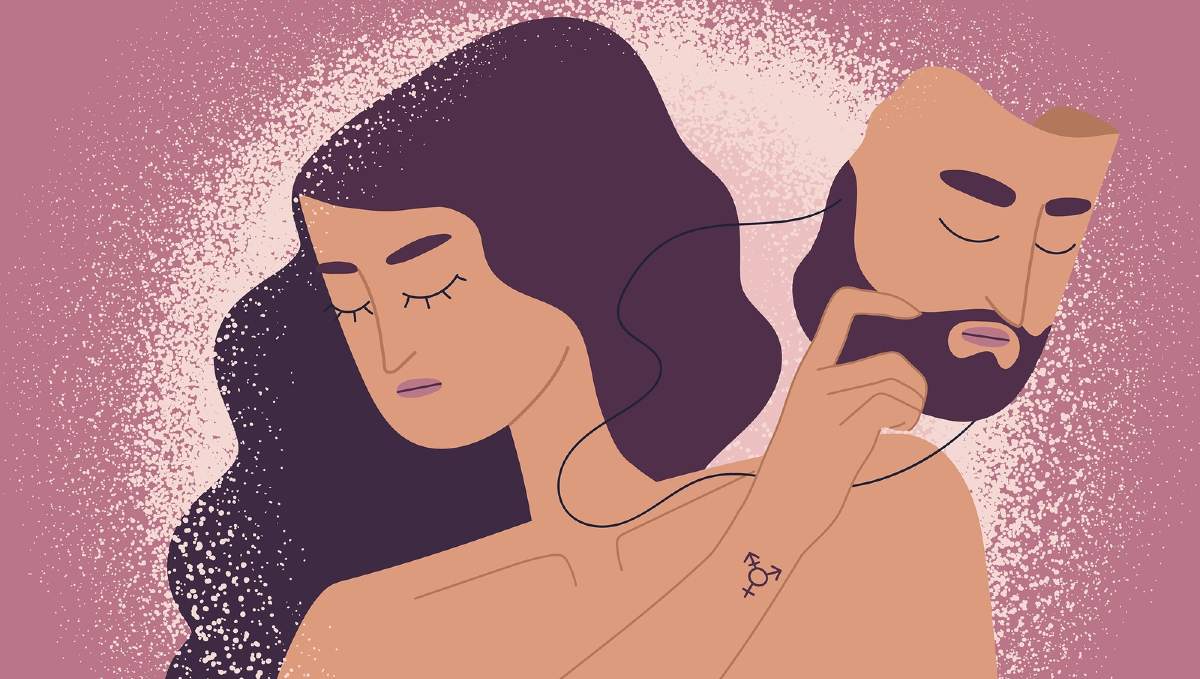
Australian physicians reject need for inquiry into transgender treatment
There’s not much evidence but there’s no need to know much more
In Australia, as elsewhere in the developed world, doctors and parents are perplexed about an epidemic of children who want to change gender. Back in August the Federal Health Minister, Greg Hunt, asked the The Royal Australasian College of Physicians (RACP) for advice on how to treat gender dysphoria in children and adolescents.
The RACP’s answer, released this week, is perplexing.
First, it candidly confesses that “evidence on health and wellbeing outcomes of clinical care is limited”. In other words, it is not in a position to give definitive advice about treatment. Why? Because there is very little unimpeachable evidence — because of “the relatively small number of studies, the small sizes of study populations, the absence of long-term follow up and the ethical challenges of robust evaluation when control (no treatment) is not acceptable”.
Second, notwithstanding the dearth of evidence, existing guidelines should still be followed. These advise that children with gender dysphoria should be treated medically rather than with a cautious “wait and see” policy.
Third, despite the lack of unassailable evidence and the questions raised by many doctors and psychologists, proposals for a national inquiry should be rejected. It would “further harm vulnerable patients and their families through increased media and public attention”.
In his letter, RACP president Mark Lane told the Minister that gender dysphoric children experienced “self-harm, attempted suicide and suicide”. This is disputed by other doctors and he did not respond when questioned by The Australian newspaper.
As The Australian reported, Canadian psychologist Ken Zucker, an authority on gender dysphoria and editor of the journal Archives of Sexual Behavior, has rubbished the elevated risk of suicide.
“If you are depressed, your suicidality risk is going to be elevated, but you see that in kids who are depressed but don’t have gender dysphoria,” Dr Zucker said last year. “The idea that adolescents with gender dysphoria are at a higher risk of suicide per se is dogma — and I think it’s wrong.”
Professor John Whitehall, of Western Sydney University, questioned the RACP’s advice. “The RACP boasts of interest in public health and that usually involves full and frank discussion of all side-effects as part of preventing harm,” he told The Australian. “Here, it is essentially (saying), ‘Be quiet and accept the experimentation’.”
The controversy over the RACP’s advice to the Australian government coincided with the launch of the Society for Evidence Based Gender Medicine (SEGM). Its members – an international group of nearly 100 clinicians and researchers — contend that “in view of the current dearth of evidence, the application of the model to children, adolescents, and young adults is unjustified outside of research settings”.
Michael Cook is the editor of BioEdge
Creative commons
https://www.bioedge.org/images/2008images/FB_Transgender-Or-Transsexual.jpg
